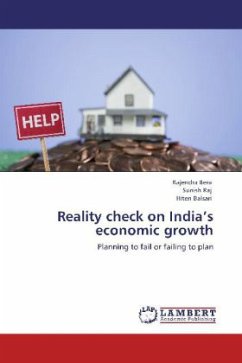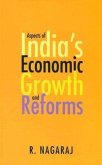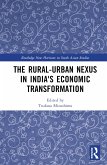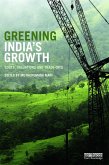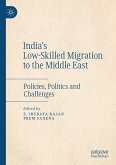When worldwide, universities are transitioning to become engines of economic growth, the self-created domestic disaster of India s education system going into a free-fall in terms of academic standards and the irrelevance of the education it provides has been India s biggest bottleneck in realizing its economic growth potential. In terms of knowledge creation, scientific discoveries, technological inventions, and even in imparting education at all levels, there has been a rapid decline in quality in the past two decades, leaving the country with an acute shortage of employable, university educated knowledge workers. Skill gaps are alarmingly high where higher-order skills are needed. Skill shortages in most industries continue to plague the growth of the Indian economy. Given these ground realities, rather than becoming the world s third largest economy by 2030, it is likely that India s economy will head towards a meltdown by then.

